Dhaka's air quality continues to be in the 'moderate' zone, all thanks to intermittent monsoon showers.
With an air quality index (AQI) score of 65 at 8.42am on Saturday, the metropolis ranked 26th in the list of world cities with the worst air quality.
Iran’s Tehran, China’s Beijing and Pakistan’s Lahore occupied the first three spots in the list, with AQI scores of 145, 134 and 133, respectively.
An AQI between 50 and 100 is considered ‘moderate’ with an acceptable air quality. However, there may be a moderate health concern for a very small number of people who are unusually sensitive to air pollution.
An AQI between 101 and 200 is considered 'unhealthy', particularly for sensitive groups.
Similarly, an AQI between 201 and 300 is said to be 'poor', while a reading of 301 to 400 is considered 'hazardous', posing serious health risks to residents.
AQI, an index for reporting daily air quality, is used by government agencies to inform people how clean or polluted the air of a certain city is, and what associated health effects might be a concern for them.
In Bangladesh, the AQI is based on five criteria pollutants -- Particulate Matter (PM10 and PM2.5), NO2, CO, SO2 and Ozone.
Dhaka has long been grappling with air pollution issues. Its air quality usually turns unhealthy during winter and improves during monsoon.





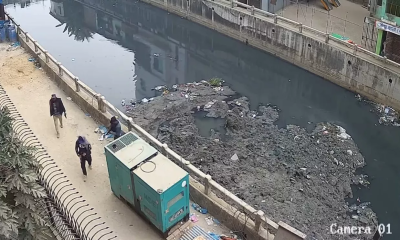



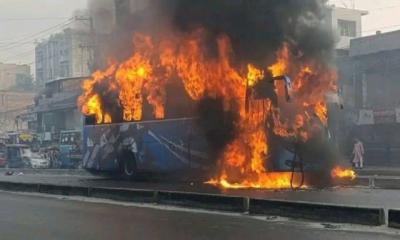
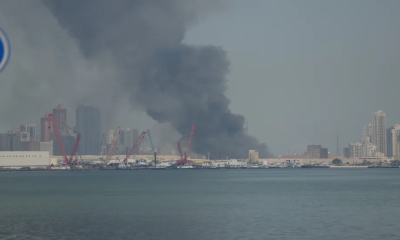
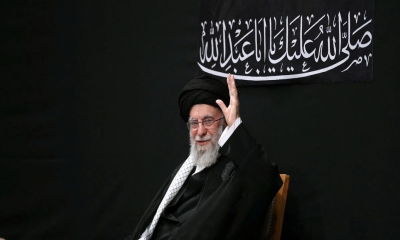


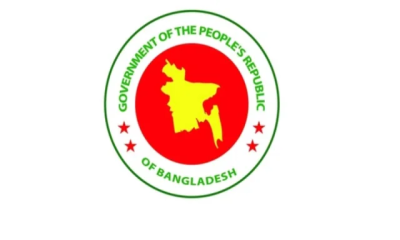
-20260302065048.webp)
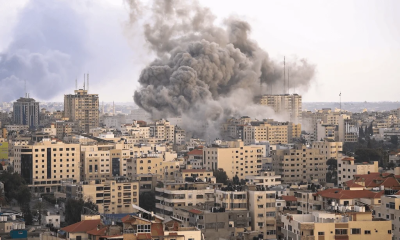


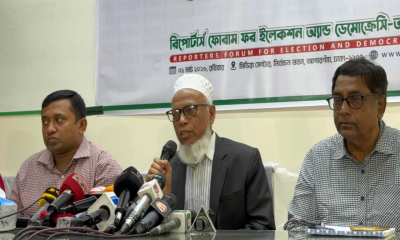



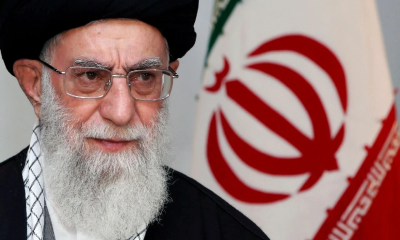






-20260224075258.webp)



-20260225072312.webp)
